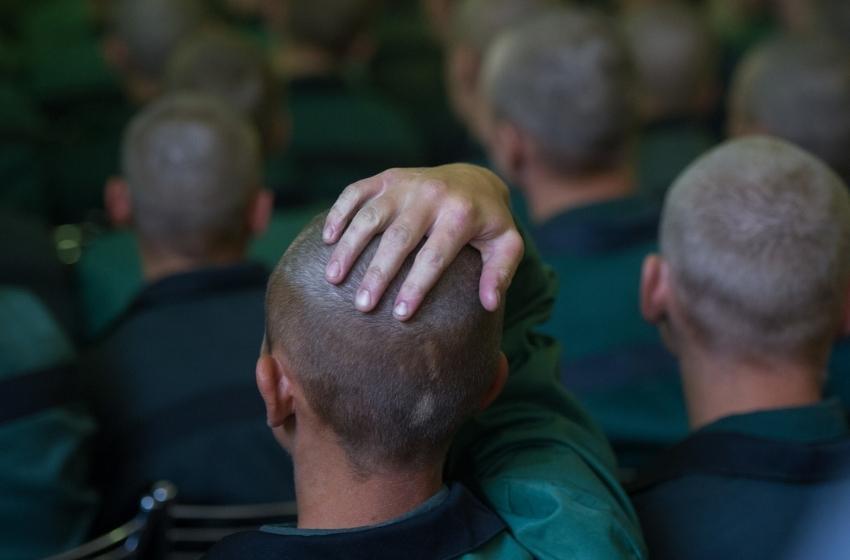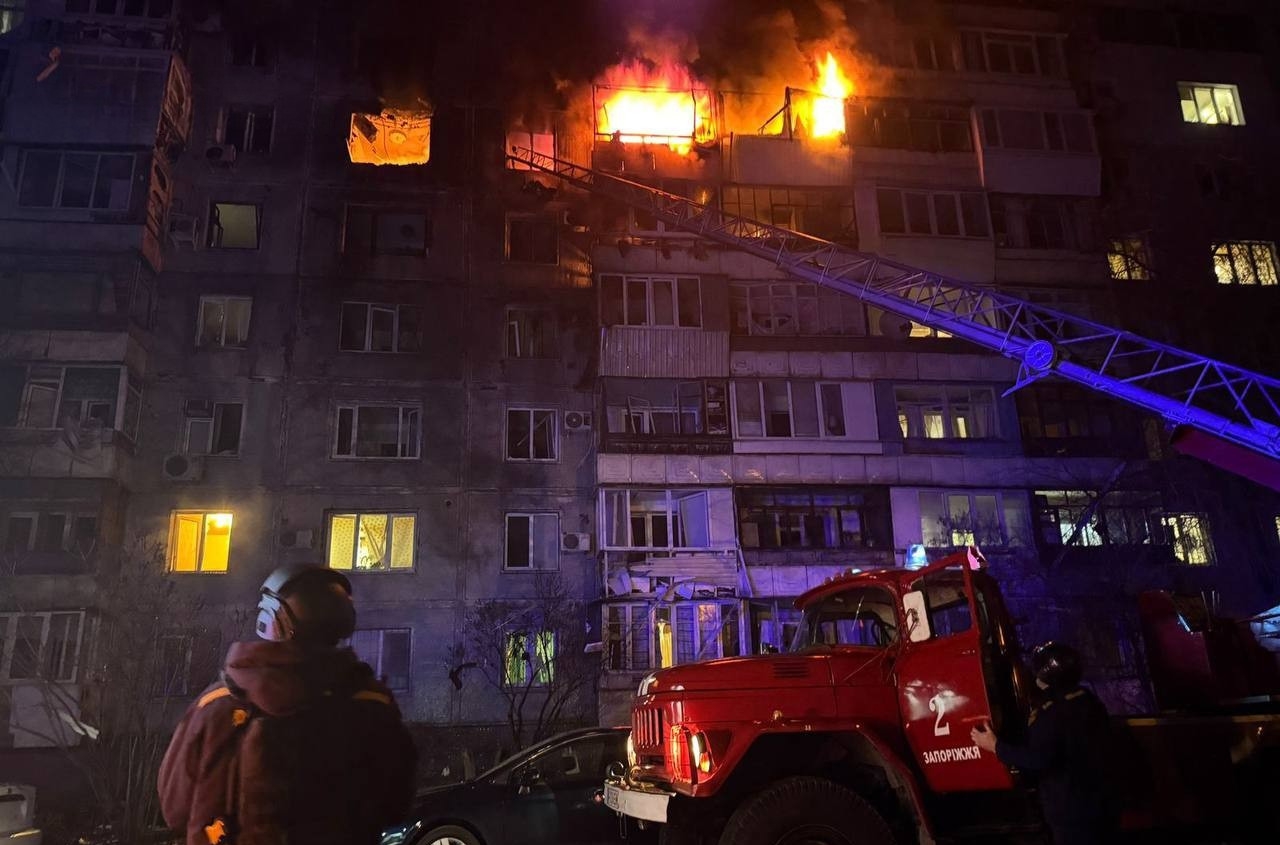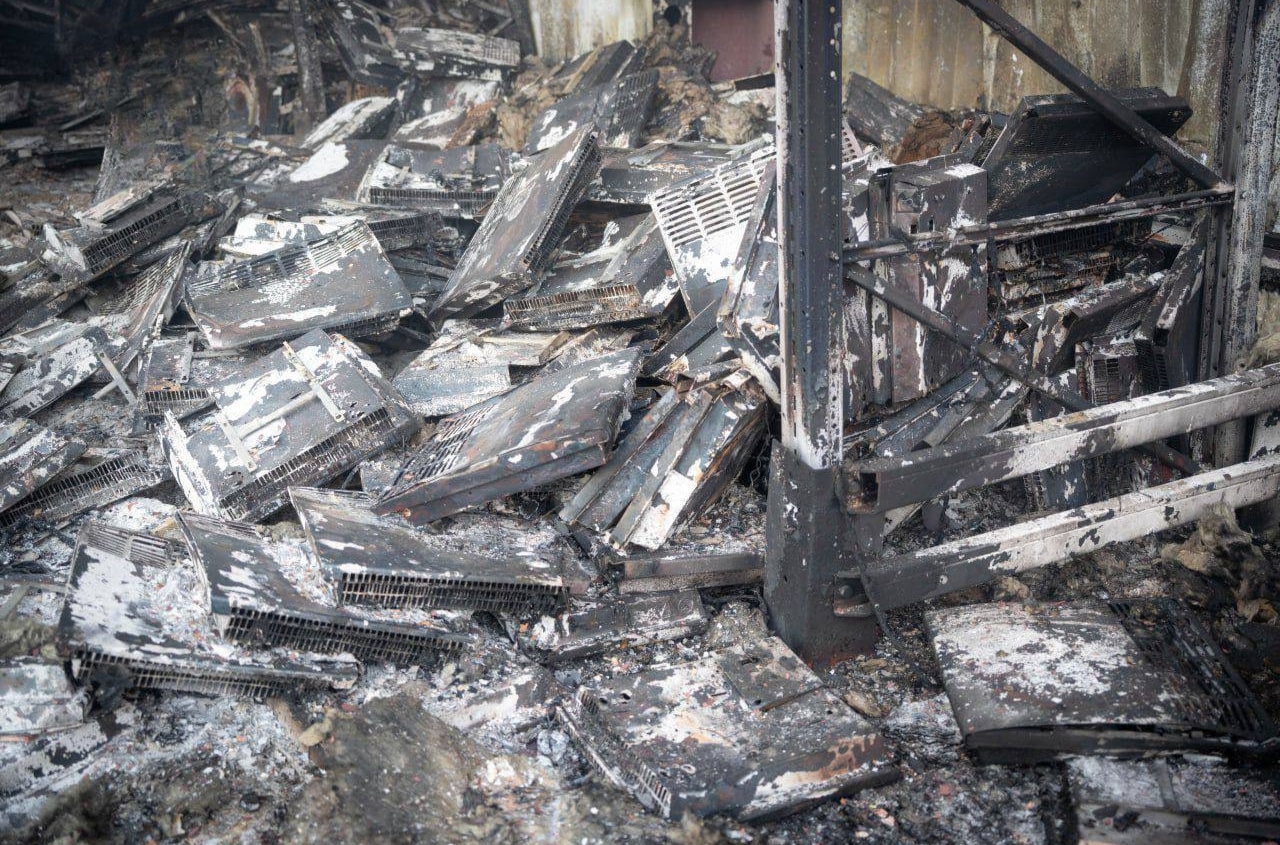Law enforcement officers of several structures once confirmed the American Institute for the Study of War information that Russia is now sending prisoners to war in Ukraine.
This is done to intimidate residents of the temporarily occupied regions of Ukraine. This has become a common practice on the part of Russia and representatives of pseudo-republics.
Mobilized criminals intimidate the locals and flee the battlefield.
First of all, it is used to replenish the invaders' ranks with manpower. In addition, Ukrainian law enforcers say that the participation of criminals in the war, according to the invaders, should psychologically influence the public opinion of the civilian population of Ukraine, and intimidate residents.
For example, recently, the SBU published a video of the interrogation of a serial thief from the "LPR", who served three terms for theft and robbery. For the fourth crime, he did not want to go to jail, but agreed to the proposal of the militants to go to war against Ukraine.
“With the start of Russia’s full-scale invasion of Ukraine, he was sent to the front. True, the ‘warrior’ spent most of his time in the commandant’s office, as he was caught drinking,†the SBU says.
According to law enforcement officers, this man himself surrendered after three days of fighting.
This trend is also confirmed in the Main Intelligence Directorate of the Ministry of Defense of Ukraine.
"After the arrival of a new battalion of invaders in Balakliya, including from among former criminal prisoners mobilized in Russia, the aggressive attitude towards the local population, cruelty and immoral behavior in general increased sharply," the intelligence officers said on their official Telegram channel.
Convicts at the front are used for terror and "dirty" work.
At the same time, Serhiy Starenky, former chairman of the State Penitentiary Service, and deputy chairman of the Committee for the Protection of Human Rights of the National Bar Association of Ukraine, told us more exciting details. He led the Ukrainian prison system during the Russian aggression in 2014, so he owns a large amount of previously unknown information.
"I confirm the information that, for example, in the colonies of the "DPR" and "LPR" there are periodically conversations with prisoners who are persuaded to join the battalions. Those who agree to receive conditional freedom. But they are not staffed with personnel units that directly fight. Most prisoners are used to intimidate and terrorize the local population in the occupied territories. In other words, criminals are given weapons and some powers. But from the point of view of combat readiness, they are not prepared," says Starenky.
And he adds that they are also used for dirty work: cleaning up corpses and clearing rubble.
“They are considered second-class soldiers, but they are satisfied that there is no convoy over them, there is almost freedom, and there is an opportunity to steal from the locals. Some use war to further their sadistic tendencies. Still, some prisoners can use the war to escape. I note that the overwhelming majority of the "thieves" will not usually go to war - they have a rule not to take weapons and not to serve the state,†says Starenky.
Regarding the prisoners directly from Russia, Starenky says the following: “As you know, the governor of each region must form detachments. Where possible at the expense of the colonies, there is such a thing. But many who want to fight are not there. Out of all of Russia, no more than 10 thousand such people, which can be used as a military; for other work, of course, more.â€
In Russia, convicts are made "heroes."
In Russia, dead prisoners are presented to society from time to time as "heroes". Posthumously. So recently, propagandists spoke about their "hero" Konstantin Tulinov, who has several prison terms behind him for attempted murder and robberies for drug crimes. He was reportedly an activist in the Russian prison system and died in July in a war in Ukraine, allegedly blowing himself up and three Ukrainian soldiers.
It is known from open sources that Tulinov may be involved in the torture of the Russian military, it is reported that several years ago, he was sentenced to 14 years in prison.
"A prison activist in Russia is a person who cooperates with the prison administration," says Sergei Starenky.





















